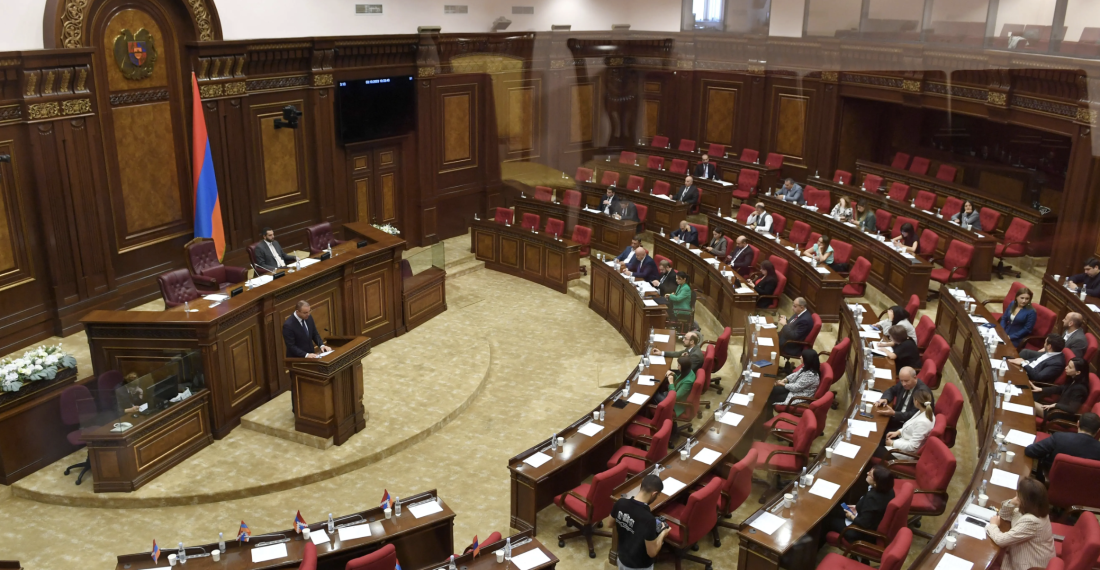On Thursday (31 October), Human Rights Watch said that Armenia's new surveillance law, which provides for the installation of video cameras with 24-hour police access in Yerevan, raises concerns about privacy rights and civil liberties. Surveillance cameras could deter people from exercising their rights to assembly and expression. Moreover, the potential integration of AI analytics into surveillance cameras may increase the risk of people feeling intimidated to exercise their fundamental political rights. According to the international non-governmental organisation (INGO), surveillance cameras cannot be justified as a way to improve public safety because they interfere with fundamental civil and political rights.
Human Rights Watch is calling on the government in Yerevan to suspend the bill until it includes clear requirements that meet human rights standards. These standards are set by the International Covenant on Civil and Political Rights and the European Convention on Human Rights, two treaties to which Armenia is a party.
Although a parliamentary vote on the bill is scheduled for the end of the year, both the Armenian Data Protection Agency and the Office of the UN High Commissioner for Human Rights (OHCHR) have already expressed concerns about the bill's impact on privacy rights.







